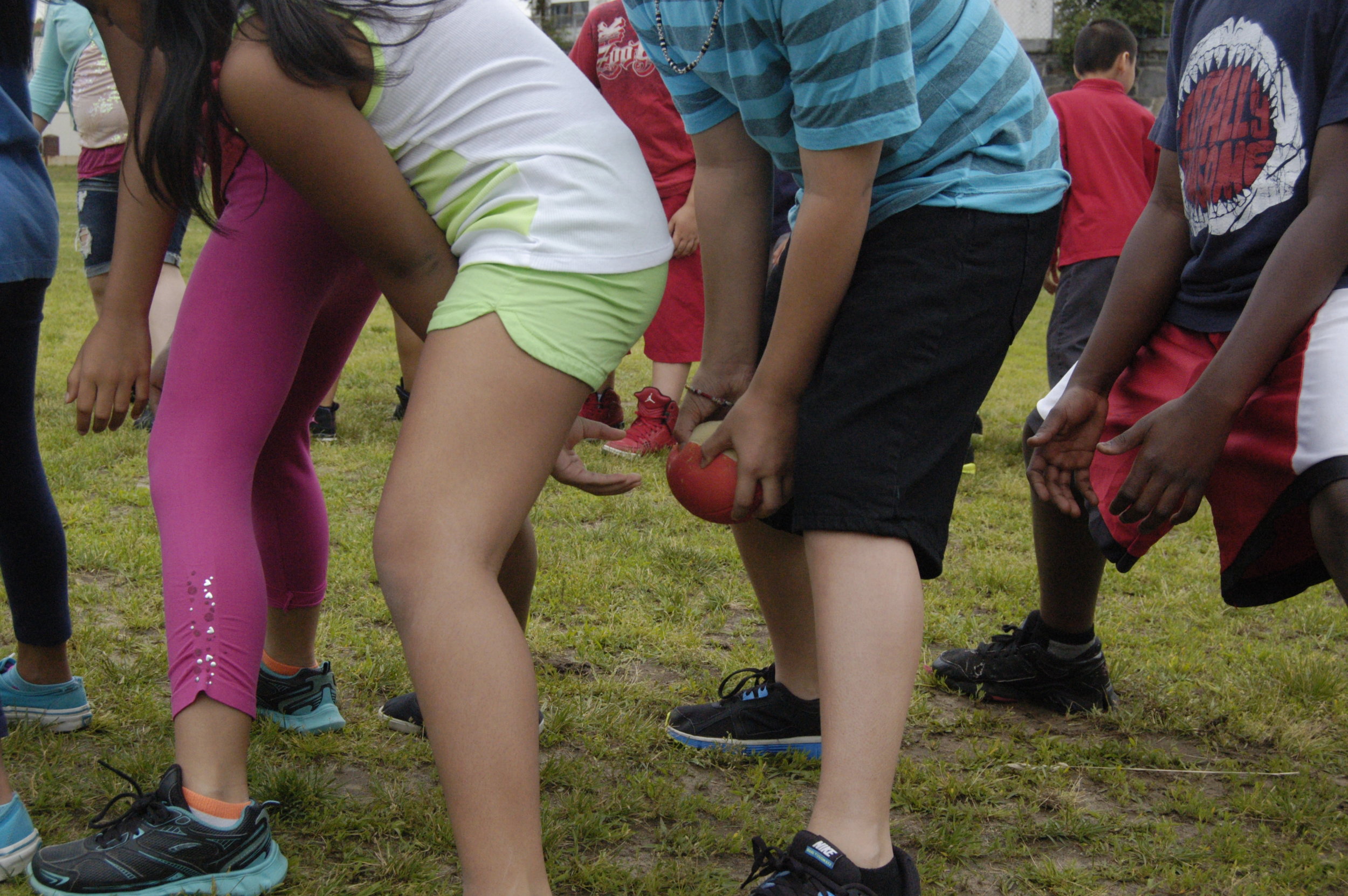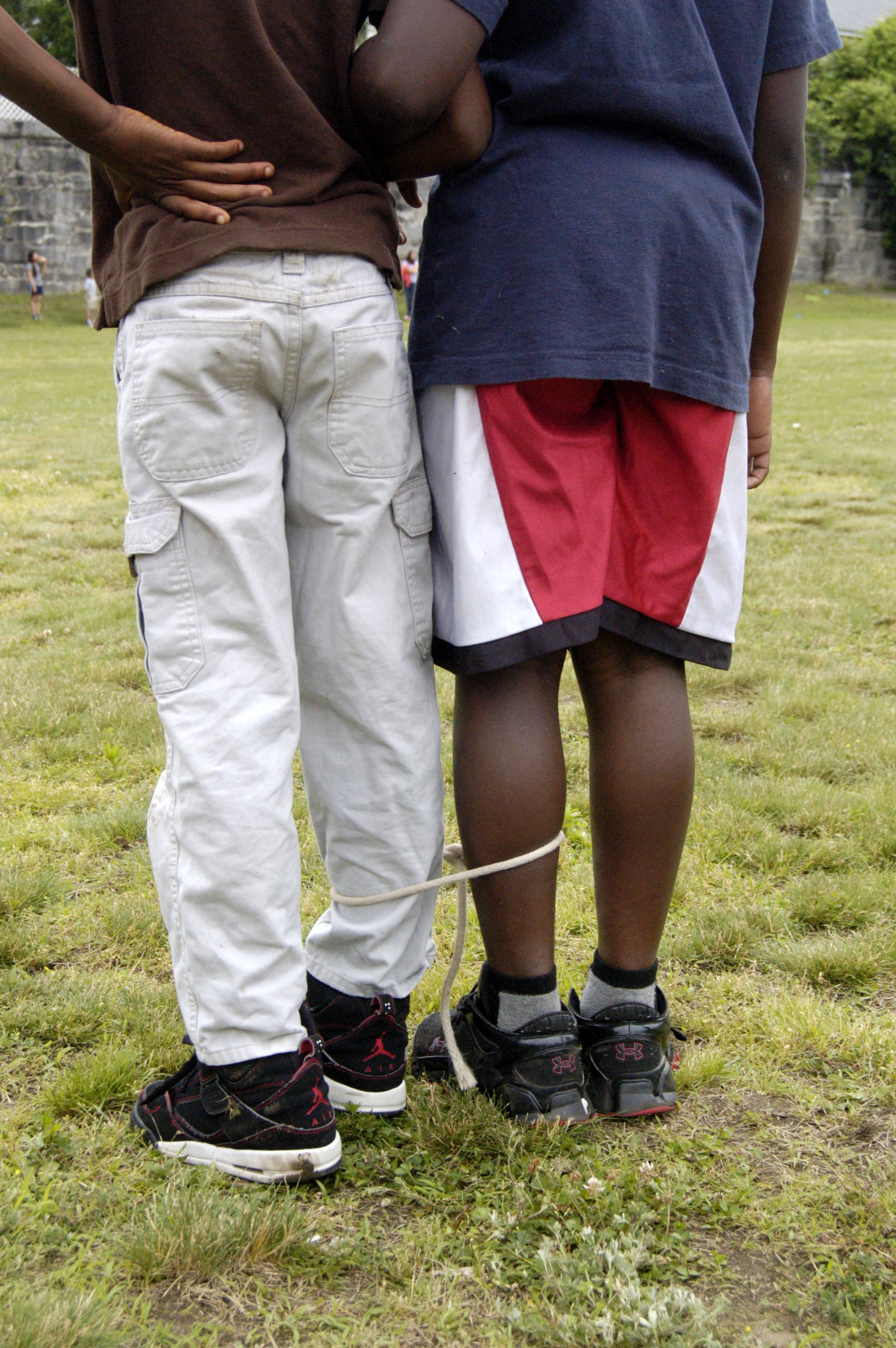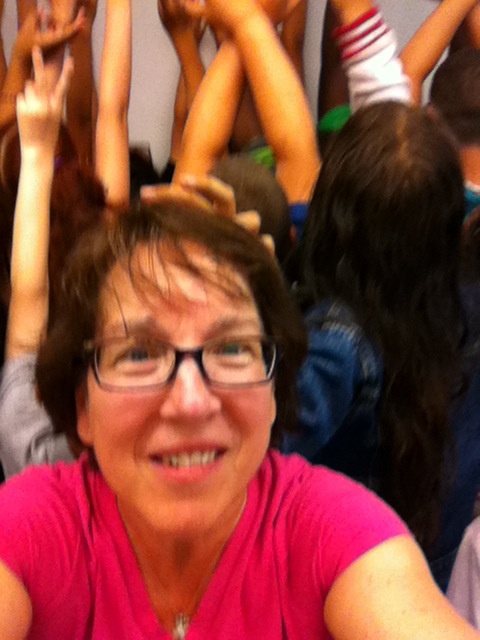Time shifts
So when do you know it is time to quit? I still equivocate about whether this academic year should be my last or not. Right now I'm leaning toward all done. We shall see what those who keep the records say. Sometimes what you think to be true, just is wishful thinking.At one point this fall, I discovered that a year of teaching I did in 1974 could be counted as a service year toward pension and retirement. While the school district in which I worked claims they don't have records reaching back to my service time (3 schools, 3 towns, 12 grades and $6,600), the State of New Hampshire did. Hopefully that will be enough to prove I did what I've claimed to do. And will allow me to purchase back that year of service for more than I was paid during that one contract year.I'm not quite at that point when you know you're done. Often I have had to stop myself from thinking too far into the future. It's an odd feeling. When I put aside a unit of study, I've usually noted what I would change for the next year. This year, I make the notes, but with an asterisk... will there be another year to "fix" things?Maybe this post is a little dark and twisty. There's a dissonance to this school year because of many things. And jumping into a future of unknowns is among them.
 days together, my students and I said good-bye. From here on, they are off to Middle School and, in all probability, we will not cross paths again. It was, for me, a bittersweet moment. And perhaps it was for some of them as well.We've had our share of challenges and our share of triumphs. In our Morning Meetings over the last week, the kids and I sh
days together, my students and I said good-bye. From here on, they are off to Middle School and, in all probability, we will not cross paths again. It was, for me, a bittersweet moment. And perhaps it was for some of them as well.We've had our share of challenges and our share of triumphs. In our Morning Meetings over the last week, the kids and I sh ared what we are most proud of accomplishing and the times when we've been embarrassed. Sometimes I'm grateful Teacher does not see everything.For me, I am proud that the kids have learned that I expect them to persevere. We don't give up. I think that was embodied by their effort in our school-wide tug-o-war. The kids had a strategy for pulling together this year and, even though one class member might have wanted to be in the coveted anchor position, together they decided who, for the common good, would be the best in that position.During the awards assembly, they clapped for each other, congratulated classmat
ared what we are most proud of accomplishing and the times when we've been embarrassed. Sometimes I'm grateful Teacher does not see everything.For me, I am proud that the kids have learned that I expect them to persevere. We don't give up. I think that was embodied by their effort in our school-wide tug-o-war. The kids had a strategy for pulling together this year and, even though one class member might have wanted to be in the coveted anchor position, together they decided who, for the common good, would be the best in that position.During the awards assembly, they clapped for each other, congratulated classmat es from other homerooms. They made me proud to know them, even for just a little while. When I took a last snapshot with my phone yesterday, the kids insisted it wasn't a "selfie"; it was an "us-ie".So, we go on about our lives. We take different pathways and maybe once in a while we will stop to remember each other and the special two years we spent in each others' company.
es from other homerooms. They made me proud to know them, even for just a little while. When I took a last snapshot with my phone yesterday, the kids insisted it wasn't a "selfie"; it was an "us-ie".So, we go on about our lives. We take different pathways and maybe once in a while we will stop to remember each other and the special two years we spent in each others' company.


